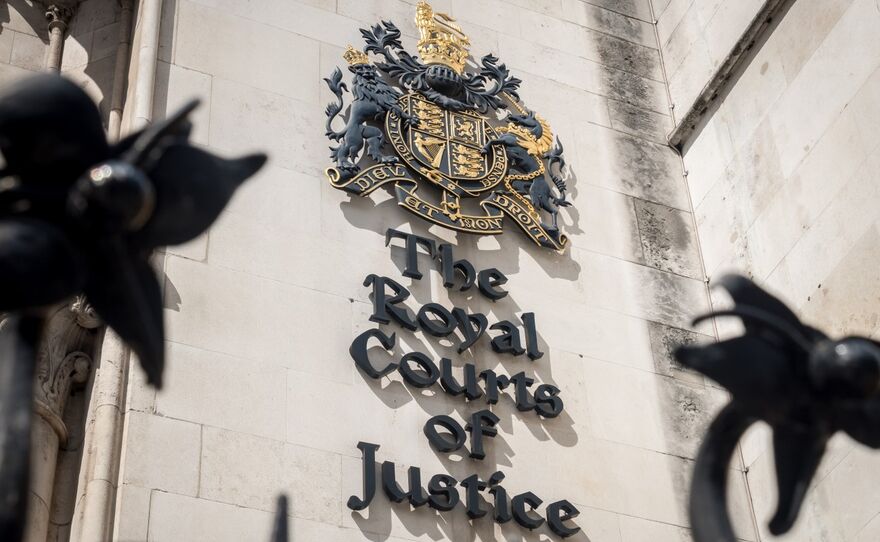The without prejudice rule (WP) largely prevents statements made in a genuine effort to settle an existing dispute from being used as evidence of admission.
In April 2024, the High Court of Justice handed down a judgment that highlighted the application of the WP rule and the limitations.
West v Churchill & Anor [2024] EWHC 940 (Ch) concerned a dispute over the estate of Mr Cyril Churchill, who died intestate in 2002. The claimant issued proceedings seeking an order as to ownership of a farm and other assets, to which the first defendant counterclaimed for a declaration that the farm and other assets were held on trust for her.
The claimant sought an order striking out parts of the defence and counterclaim that relied on WP communications, on the basis that reference to WP communications in the pleading was an abuse of process. The court allowed the strike out and emphasised in its judgment the importance of WP in encouraging negotiations and settlement, making clear that “the protection of admissions against interest is the most important practical effect of the rule”.
The case highlights the importance of making clear that settlement discussions are WP. This will enable both parties to have open and collaborative discussions whilst protecting their legal position and in the knowledge that conversations will not be used against you.
However, it is not the case that a party can say whatsoever under the cloak of WP without reprisal, and it should be remembered that exemptions to WP privilege include situations where it is necessary to:
- prove misrepresentation, fraud or undue influence;
- prove blackmail or perjury;
- consider the question of costs (WP save as to costs);
- consider whether WP communications have resulted in a concluded settlement; and
- estoppel.
If you have any questions or would like further information on the content of this article, please do not hesitate to contact a member of our Dispute Resolution team here who will be happy to help.
The information on this site about legal matters is provided as a general guide only. Although we try to ensure that all of the information on this site is accurate and up to date, this cannot be guaranteed. The information on this site should not be relied upon or construed as constituting legal advice and Howes Percival LLP disclaims liability in relation to its use. You should seek appropriate legal advice before taking or refraining from taking any action.

